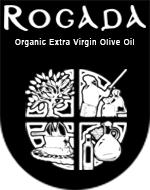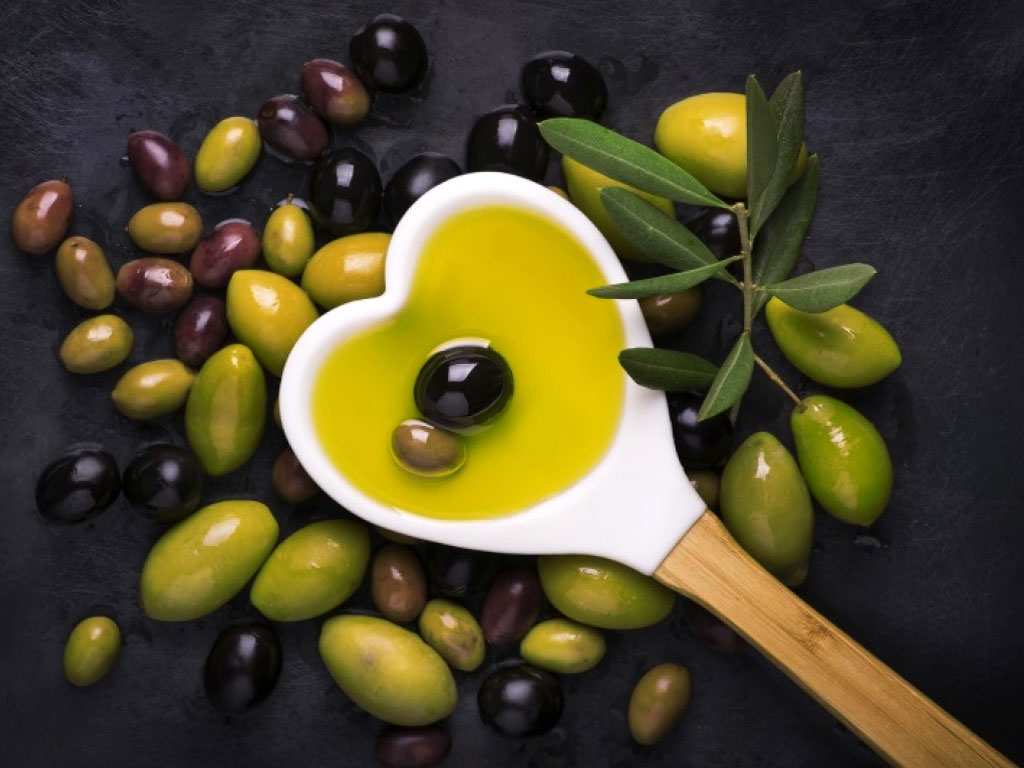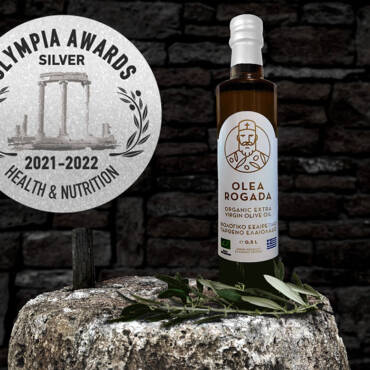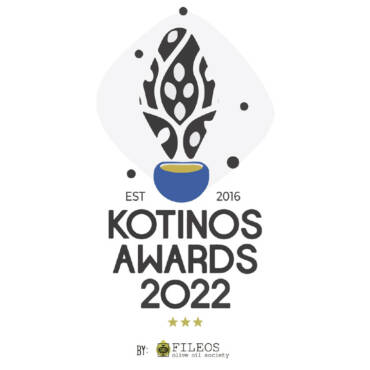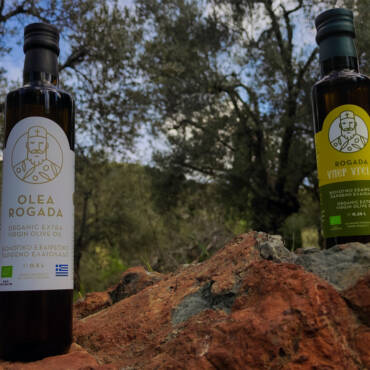The health effects of phenolic compounds found in extra virgin olive oil, by-products and olive leaves.
Olea europaea L. is a fruit tree native to Asia Minor and Syria, which is currently cultivated throughout the Mediterranean region. Today, the most important producers of olives and olive oil are Spain, Italy and Greece. Extra virgin olive oil (EVOO), which is naturally extracted from the fruit, is known for its nutritional properties and health effects, especially against cardiovascular disease (CVD). These properties are due to the presence of high levels of fatty acids (98-99% of the total weight of EVOO), especially monounsaturated acids such as oleic acid, as well as other valuable components such as phenols, phytosterols, tocopherols and squalene even in low concentrations. (1-2%). Only EVOO, and not all fatty oils, has a high percentage of fatty acids with the right balance of unsaturated fatty acids stabilized by secondary polar compounds.
All of the ingredients in EVOO may help to maintain good health. Several international organizations regulate the quality and purity of EVOO, namely the European Union (EU), the International Olive Oil Council (IOC) and the Codex Alimentarius according to data collected by the Unaprol Economic Observatory.
The varieties of trees, their growing conditions and the techniques used for the production of EVOO, are key factors for the quality of EVOO, affecting both its qualitative and quantitative characteristics, which can affect the sensory and health properties of olive oil. Advanced analytical techniques, such as high performance liquid chromatography in combination with a diode array or mass detector (HPLC-DAD, HPLC-MS), have played an important role in the identification and quantification of the bioactive compounds in EVOO, which are responsible for its beneficial effects.
EVOO is a functional food with legal claims to health, certified as a heart protector. These characteristics are related to the content of secondary polar compounds, in particular to the hydroxytyrosol compound and its various derivatives. Therefore, among all the diet plans, a Mediterranean diet based on the daily consumption of EVOO as a source of fat, is an ideal diet model for beneficial cardioprotective effects, for longevity and for the prevention of chronic non-communicable diseases.
Nutrients. 2019 Aug; 11(8): 1776. Published online 2019 Aug 1. doi: 10.3390/nu11081776 PMCID: PMC6724211 PMID: 31374907
Annalisa Romani,1,* Francesca Ieri,1 Silvia Urciuoli,1 Annalisa Noce,2,* Giulia Marrone,2,3 Chiara Nediani,4 and Roberta Bernini5
